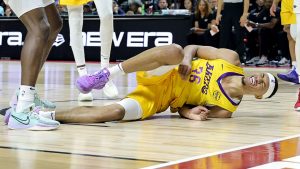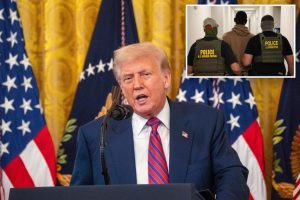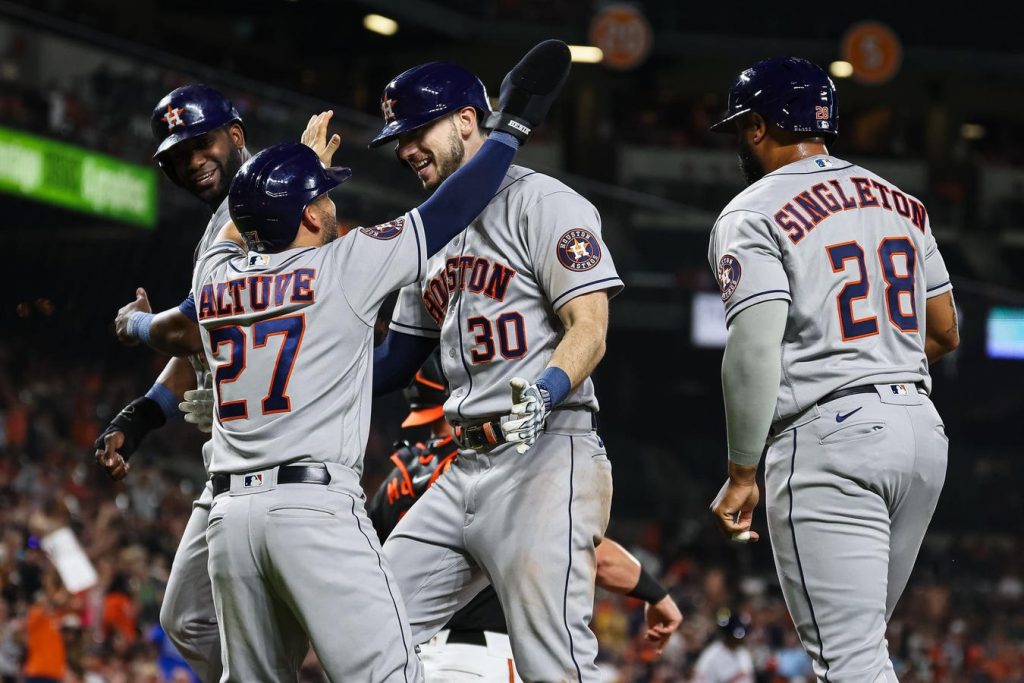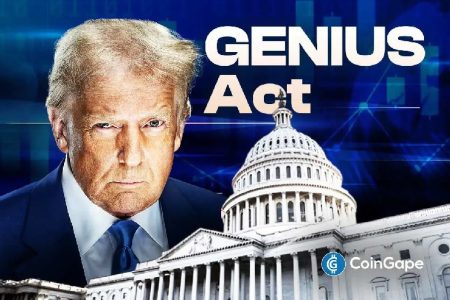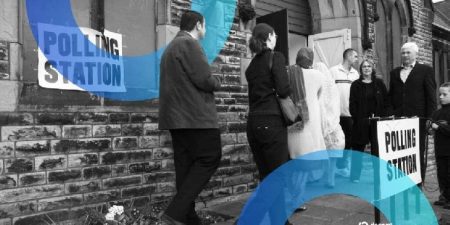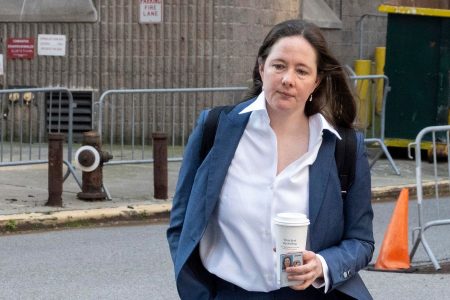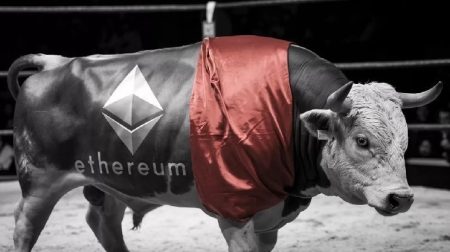Astros Shake Up Roster, Trading Star Outfielder Kyle Tucker to Cubs in Offseason Blockbuster
The Houston Astros sent shockwaves through Major League Baseball with a stunning offseason trade, sending star outfielder Kyle Tucker to the Chicago Cubs in exchange for infielder Isaac Paredes, pitcher Hayden Wesneski, and prospect Cam Smith. This unexpected move leaves the Astros at a crossroads, grappling with the departure of a franchise cornerstone and facing crucial decisions about their future direction. Tucker, a consistent offensive force and Gold Glove-caliber defender, has been a key component of Houston’s success in recent years. His departure creates a significant void in the Astros’ lineup and raises questions about how the team will retool for the upcoming season.
Tucker’s consistent performance over the past four seasons cemented his status as one of baseball’s elite players. His offensive prowess, highlighted by a career .280/.362/.527 batting line and a 145 OPS+, combined with his stellar defense, made him an invaluable asset to the Astros. Even in an injury-shortened 2024 season, Tucker managed to accumulate a 4.7 rWAR, showcasing his impact despite limited playing time. Trading a player of Tucker’s caliber just one year before he hits free agency signals a potential shift in the Astros’ organizational strategy, prompting speculation about their long-term plans.
The ramifications of the Tucker trade extend beyond the immediate loss of his on-field contributions. The move casts doubt on the future of third baseman Alex Bregman, the Astros’ other remaining top free agent. With Isaac Paredes primarily playing third base, Bregman’s position within the organization becomes uncertain. While Paredes could potentially shift to first base, allowing Bregman to re-sign, reports suggest that the two sides are far from reaching an agreement. Rumors of a potential trade for Nolan Arenado, another star third baseman, further solidify the possibility of Bregman’s departure, leaving the Astros facing the prospect of losing two franchise cornerstones in a single offseason.
The Astros now find themselves navigating a critical juncture, tasked with rebuilding their lineup around the remaining core players. While designated hitter Yordan Alvarez and second baseman Jose Altuve remain formidable offensive threats, questions linger about the supporting cast. The catching tandem of Yainer Diaz and Victor Caratini provides solid production, and shortstop Jeremy Peña offers a blend of defensive prowess and offensive potential. However, the departure of Tucker and the potential loss of Bregman leave gaping holes in the lineup, particularly in the outfield and at first base.
Isaac Paredes, acquired in the Tucker trade, represents a key piece in the Astros’ reshaped lineup. While he experienced a dip in performance after being traded from the Tampa Bay Rays to the Cubs last season, Paredes’s power potential, particularly his ability to hit pulled fly balls, could be amplified by the dimensions of Houston’s Minute Maid Park. The Astros will rely on Paredes to contribute as a middle-of-the-order bat, though he is unlikely to replicate the offensive production of either Tucker or Bregman.
The Astros’ outfield situation remains uncertain following Tucker’s departure. The current projected outfield consists of Mauricio Dubón, Chas McCormick, Jake Meyers, and Taylor Trammell, all of whom possess strong defensive reputations but lack consistent offensive production. None of the three posted an on-base percentage above .296 or a slugging percentage better than .361 in 2024. Trammell, acquired via waivers, has limited major league experience and represents a developmental project for the Astros. The lack of proven offensive firepower in the outfield poses a significant challenge for Houston’s lineup construction.
The situation at first base mirrors the uncertainty in the outfield. Jon Singleton’s below-average offensive production in 2024, particularly his struggles against left-handed pitching, underscores the need for an upgrade at the position. While rookies Zach Dezenzo and Shay Whitcomb offer positional flexibility, their lack of major league experience makes them risky propositions. The Astros will need to address the holes in their outfield and at first base to build a competitive lineup around their remaining core players.
The Astros face a critical offseason as they attempt to rebuild their roster following the trade of Kyle Tucker. The potential departure of Alex Bregman further complicates their task, leaving the team with significant holes to fill in their lineup. Houston must decide whether to prioritize established sluggers to complement Alvarez and Altuve or focus on developing younger talent for the future. The decisions they make in the coming months will determine the direction of the franchise and their chances of contending in a competitive American League West. The Astros’ front office faces a challenging task, balancing the need for immediate competitiveness with the long-term vision for the team’s future.
The Astros’ current roster construction presents a stark contrast to the powerhouse lineups that propelled them to recent World Series titles. The loss of Tucker and the potential departure of Bregman remove two key sources of offensive production, leaving the Astros with a lineup that lacks the depth and firepower of previous seasons. The team’s remaining core, led by Alvarez and Altuve, will need to shoulder a greater offensive burden, while the supporting cast must step up to fill the void.
The Astros’ front office must carefully evaluate their options as they attempt to reshape the roster. Free agency and trades offer potential avenues to acquire established talent, while the farm system could provide internal solutions for the future. The team’s approach will likely depend on their willingness to compete in the short term versus prioritizing long-term development. The balance between immediate competitiveness and building for the future will be a key consideration for the Astros as they navigate this critical offseason.
The ripple effects of the Tucker trade extend beyond the Astros’ roster construction. The move could impact the team’s dynamics, clubhouse chemistry, and overall morale. The departure of a respected leader and key contributor can have a profound effect on a team, and the Astros will need to manage this transition effectively to maintain a positive and productive environment. The leadership of veteran players like Altuve and Alvarez will be crucial in guiding the team through this period of change.
The Astros’ decision to trade Tucker raises questions about the organization’s long-term strategy. The move suggests a potential shift in focus, perhaps prioritizing financial flexibility or rebuilding the farm system. The team’s willingness to part with a star player just one year before free agency signals a potential recalibration of their competitive timeline. Whether this move represents a short-term setback or a long-term strategic pivot remains to be seen.
The Astros face a challenging road ahead as they navigate the aftermath of the Tucker trade and the potential departure of Bregman. The team’s success in the coming seasons will depend on their ability to effectively rebuild their roster, develop young talent, and maintain a strong organizational culture. The decisions they make in the coming months will shape the future of the franchise and determine their ability to return to contention in the American League West. Their next moves will be carefully scrutinized by fans and analysts alike, as the Astros embark on a new chapter in their history.
